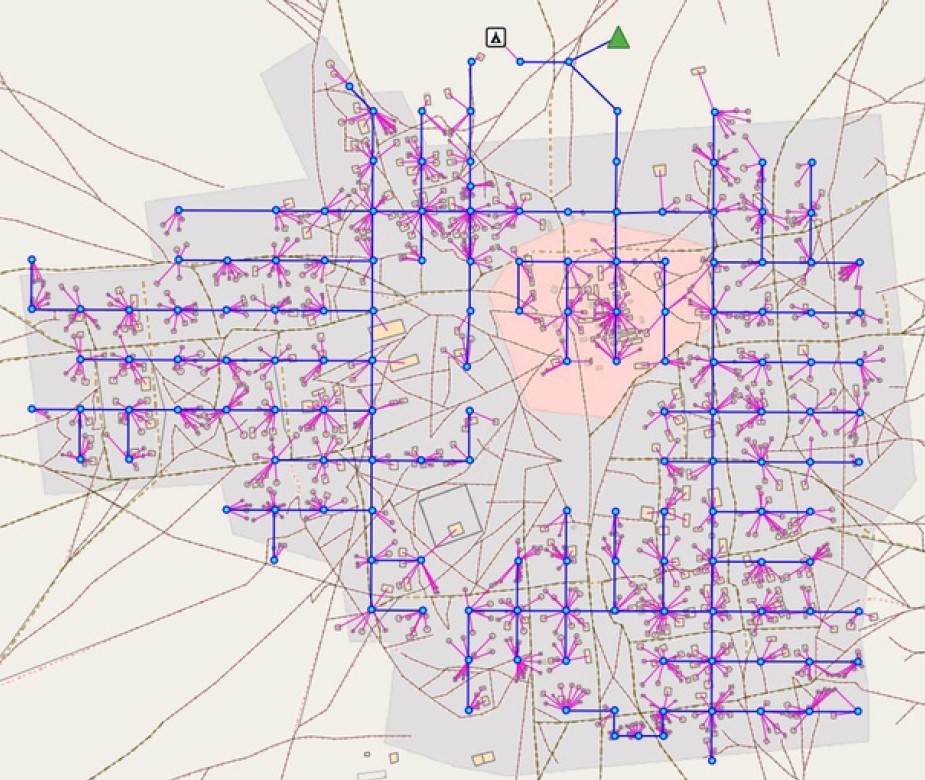Power System Modelling and Analysis for Rapid Mini-Grid Assessment Process
Across the globe, especially in developing countries, the majority of the population lacks access to electricity or has inadequate access that is often unreliable, unsafe, and/or unaffordable. Also, due to the need to mitigate climate change, there is a significant commitment toward the adoption of clean and sustainable sources of energy for electrification efforts.
This project aimed to optimize the current processes employed by Arizona State University’s Laboratory for Energy and Power Solutions (LEAPS) in the rapid design and implementation of mini- and micro-grids. The current process incorporates the use of power engineering, machine learning, and geospatial information systems to remotely conduct feasibility assessments of mini-grids for unelectrified rural communities globally.
In this project, we proposed the optimization of the mini-grid design process through the adoption of a PostgreSQL database. The adoption of this database is expected to reduce the time taken in the design of the grids. We also developed guides on the use of various power system analysis tools to aid in the analysis of designed mini-grids. Overall, the current process is projected to improve mini-grid project estimates by over 60% and speed up the scoping process for mini- and micro-grids by over 90%.

Example of a QGIS Designed Mini-Grid in West Africa
